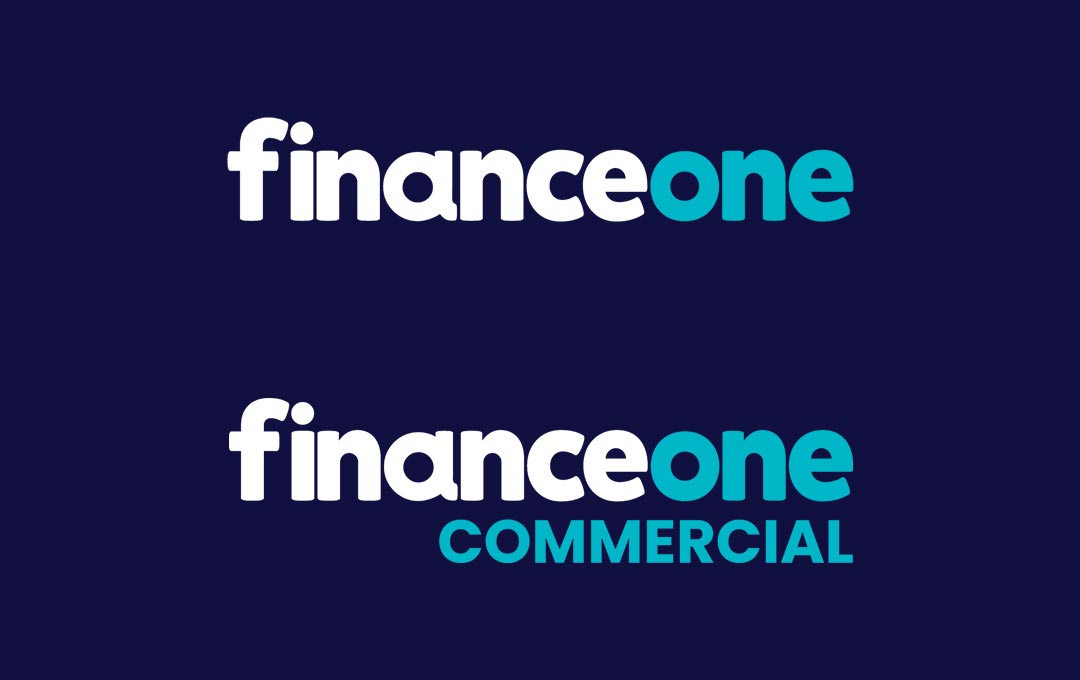When it comes to upgrading your car, one of the first questions that often comes to mind is, “How much can I borrow for a car?” Whether you’re looking for your dream car or a reliable everyday vehicle, understanding your borrowing capacity is a crucial step in the process. In this blog, we’ll break down the factors that affect how much you can borrow and provide tips to help you secure the right loan for your needs.
Factors That Determine Your Borrowing Capacity
Several factors come into play when determining how much you can borrow for a car. Lenders assess your financial situation to ensure you can comfortably meet the repayments. Here are the key factors:
1. Income
Your income is a primary consideration. Lenders will look at your monthly or annual earnings to assess your ability to make regular repayments. Having a stable income improves your borrowing capacity.
2. Credit Score
A strong credit score demonstrates your reliability as a borrower. Lenders use your credit history to evaluate how likely you are to repay the loan on time. If your credit score is low, consider improving it or searching for alternative lenders before applying for a car loan.
3. Existing Debts
Your current financial obligations, such as credit card debt or other loans, will impact your borrowing capacity. Lenders assess your debt to ensure you’re not overcommitting financially.
4. Loan Term
The length of your loan term also influences how much you can borrow. A longer loan term typically means lower monthly repayments, but it may increase the overall cost of the loan due to interest.
5. Interest Rates
The interest rate on your loan affects your monthly repayments and total borrowing power. Lower interest rates can make borrowing more affordable.
6. Car Type and Price
The cost of the car you want to purchase plays a significant role. Lenders will not only consider the price of the vehicle but also its age and condition, as this affects its value as collateral.
How To Maximise Your Borrowing Capacity
If you want to borrow more for your car purchase, consider these strategies:
- Improve Your Credit Score
Pay off outstanding debts and ensure your bills are paid on time. A better credit score can lead to more favourable loan terms.
- Save for a Deposit
A larger deposit reduces the amount you need to borrow and demonstrates financial responsibility to lenders.
- Reduce Existing Debt
Lowering your debt by paying off credit cards or other loans can increase your borrowing capacity.
- Choose a Budget-Friendly Car
Opting for a car within your budget ensures you don’t overextend yourself financially. Consider both the upfront cost and ongoing expenses like insurance and maintenance.
Why Finance One?
At Finance One, we understand that every borrower’s situation is unique. We specialise in tailoring car loans to suit your individual needs, even if you have a less than perfect credit history. Our team works with you to explore flexible options and find a loan that fits your budget and goals.
Ready to Get Started?
If you’re wondering, “How much can I borrow for a car?”, let us help you find out. Contact Finance One today to discuss your options with our friendly team. We’ll guide you through the process and help you drive away in your next car sooner than you think.
Disclaimer: The information above is of a general nature only and does not consider your personal objectives, financial situation or particular needs. You should consider seeking independent legal, financial, taxation or other advice to check how the information relates to your particular circumstances. We do not accept responsibility for any loss arising from the use of, or reliance on, the information.



